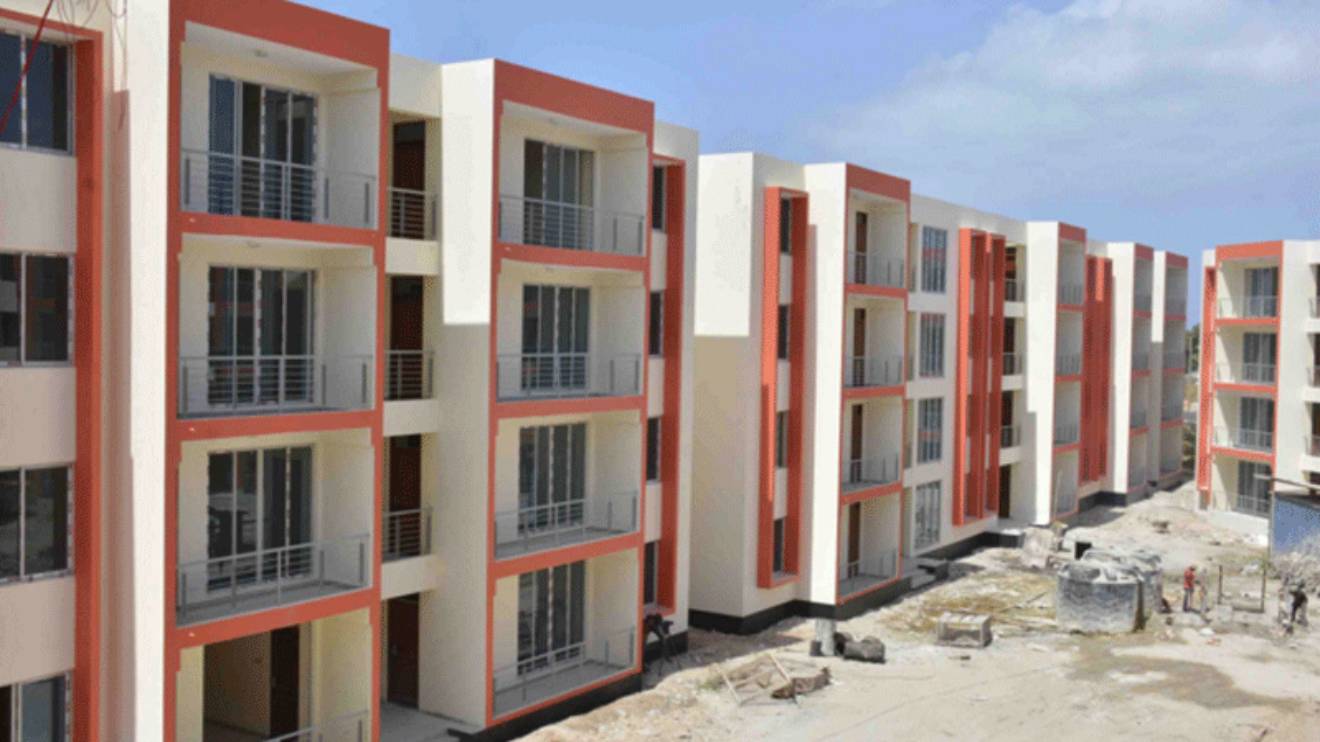The government has accumulated Sh2 billion in interest from affordable housing levy funds invested in Treasury bills (T-bills), with plans to channel the earnings back into the housing programme.
Housing Principal Secretary Charles Hinga disclosed the figures while addressing the Housing, Urban Planning and Public Works Committee of the National Assembly.
He defended the move, explaining that between Sh5 billion and Sh6 billion is collected from Kenyans each month under the levy.
"The investment of housing levy funds is allowed by law. You do not put that money in a non-interest-bearing account," he told the committee, chaired by Emurua Dikirr MP Johanna Ng'eno.
He further described the investment as "prudent financial management."
Read More
By February 2025, the government had invested Sh46 billion of the levy funds into 90-day T-bills, a measure aimed at ensuring the money does not remain idle as construction delays persist.
The committee, however, sought clarification on whether the procedure adhered to legal provisions, prompting the PS to refer to the Affordable Housing Act, of 2024.
"The board may, with the approval of the Cabinet Secretary in charge of Treasury, invest any income that is not immediately required," the law states.
The slow pace of fund disbursement, Hinga noted, is due to extensive consultations between the National Treasury and the Central Bank of Kenya (CBK).
The Affordable Housing Fund Board, tasked with overseeing the funds, is responsible for ensuring they are used exclusively for housing projects.
The Affordable Housing Act, of 2024, introduced a mandatory levy under President William Ruto's Bottom-Up Economic Transformation Agenda (BETA).
The levy requires employees to contribute 1.5 per cent of their gross salary, matched by their employers, with collections handled by the Kenya Revenue Authority (KRA).
Meanwhile, 4,888 housing units have reached the selling stage, attracting 27,000 interested buyers. A further 146,000 units are in different stages of construction.
Buyers are subject to a five-year restriction preventing them from reselling the homes for profit.


-1756474472.jpg)



-1753733469.jpeg)


